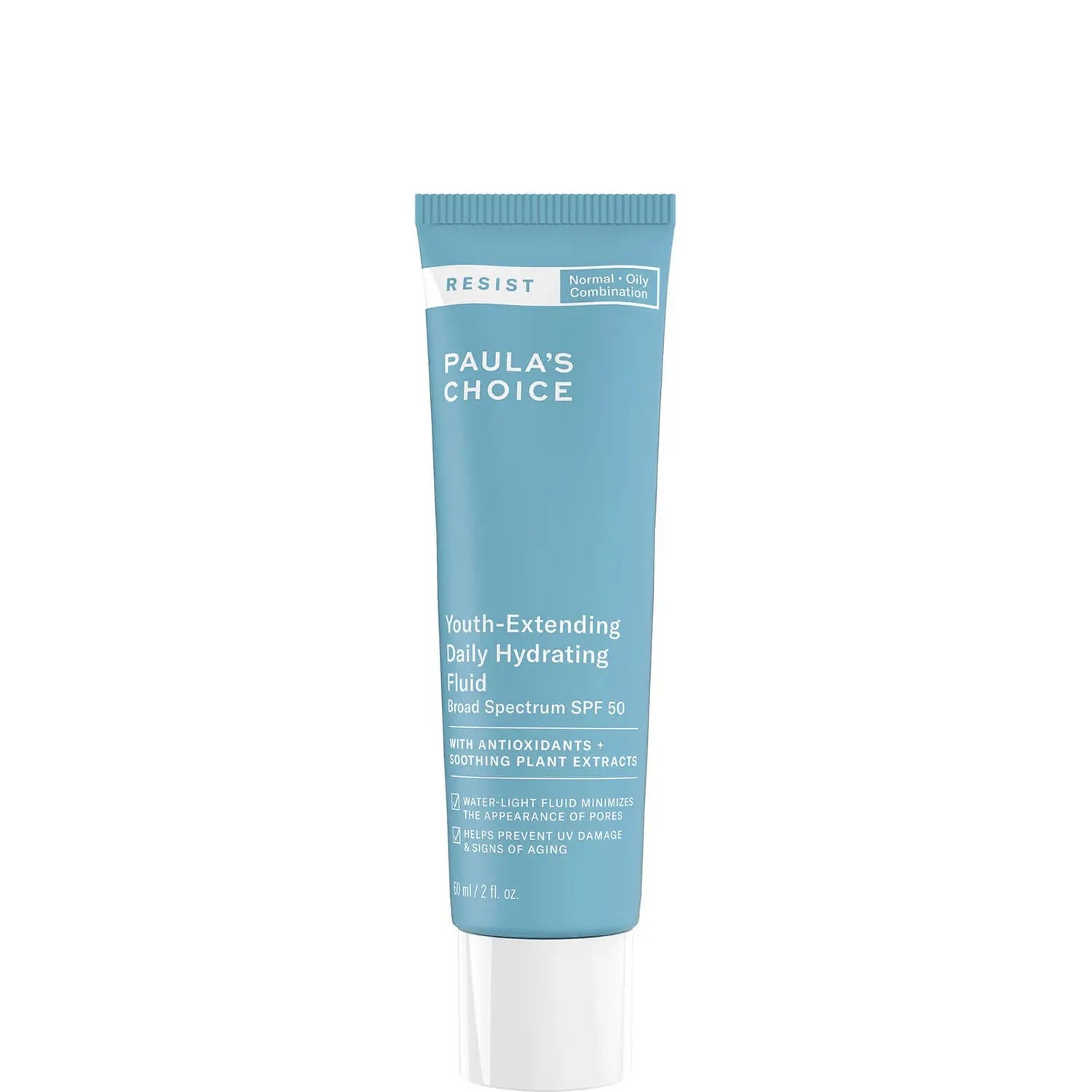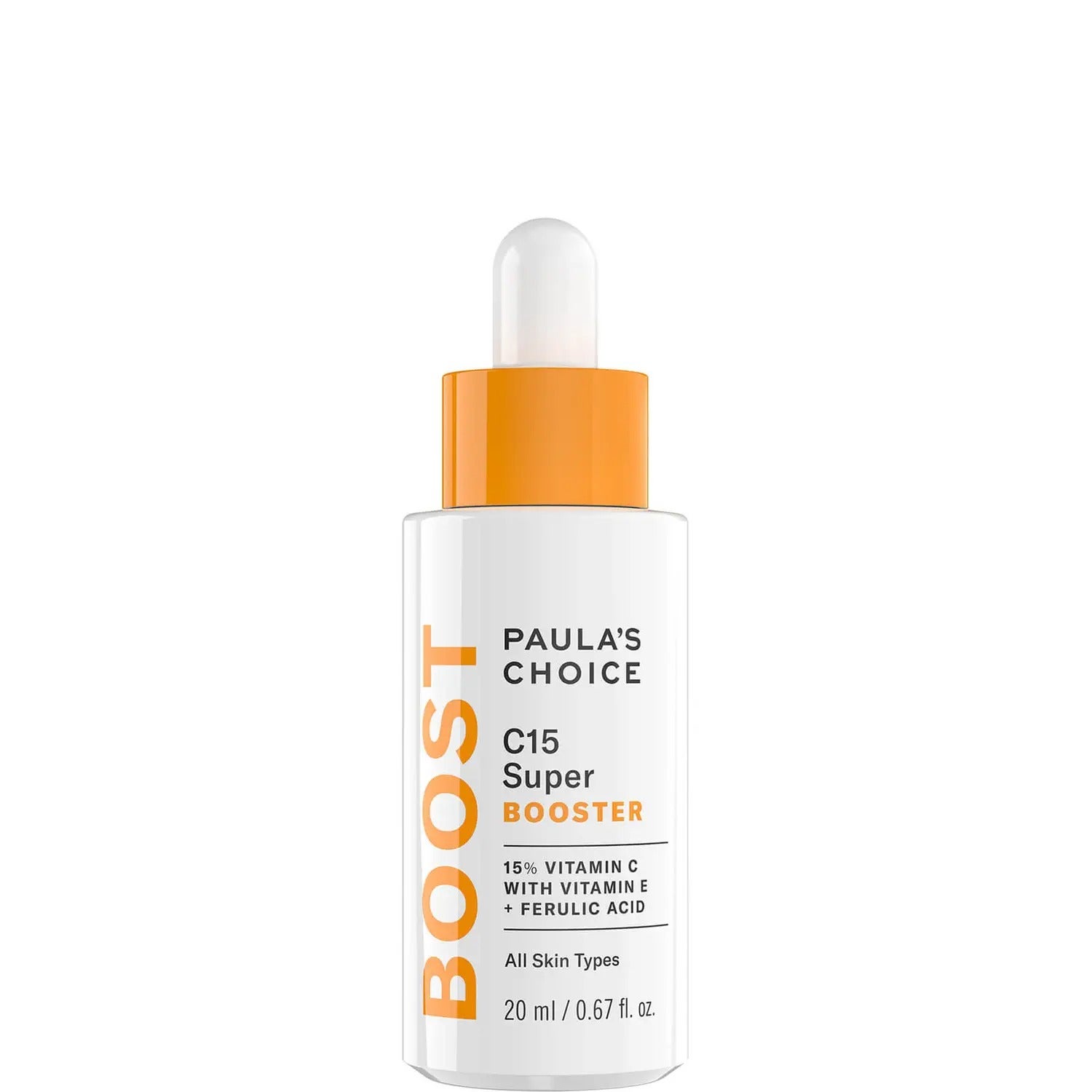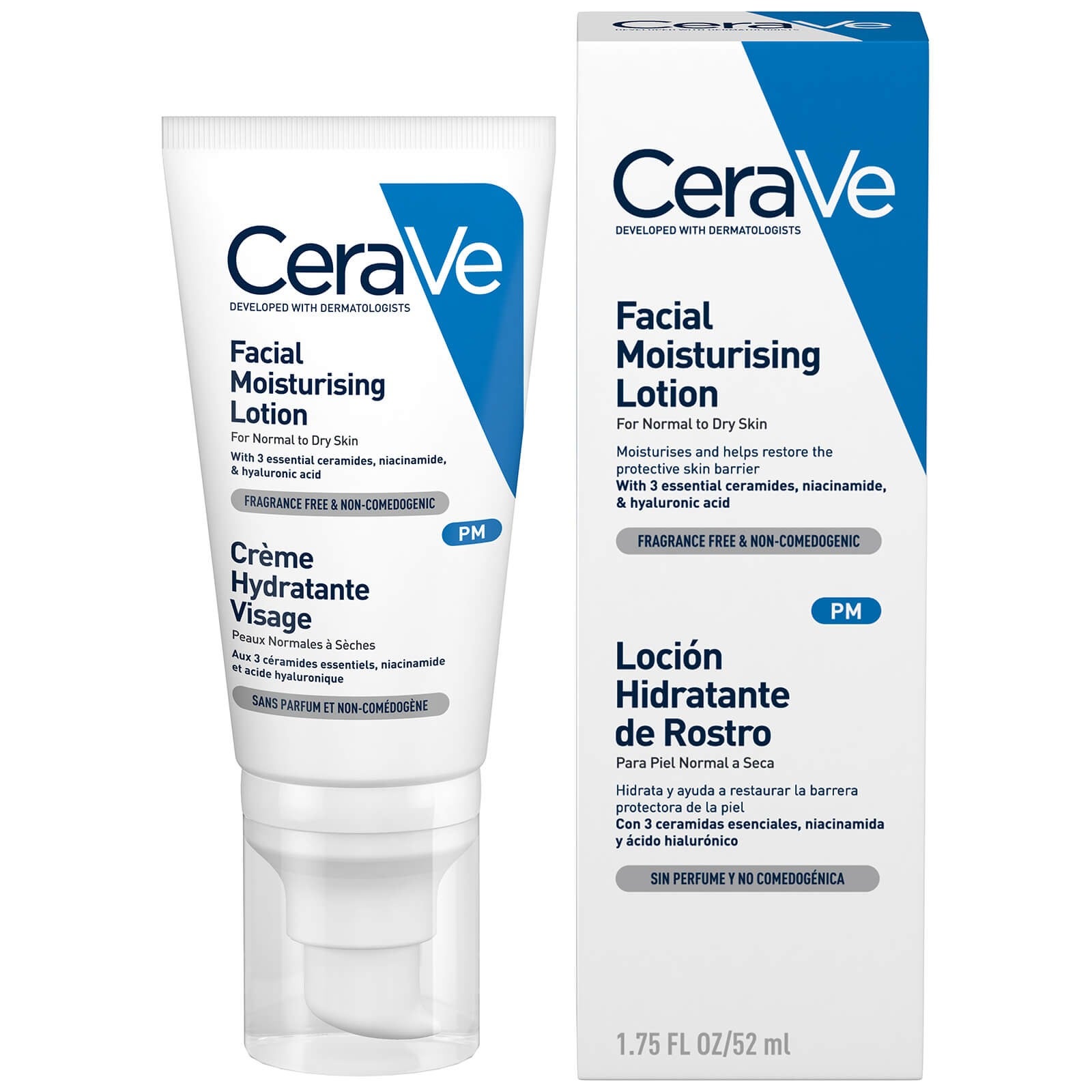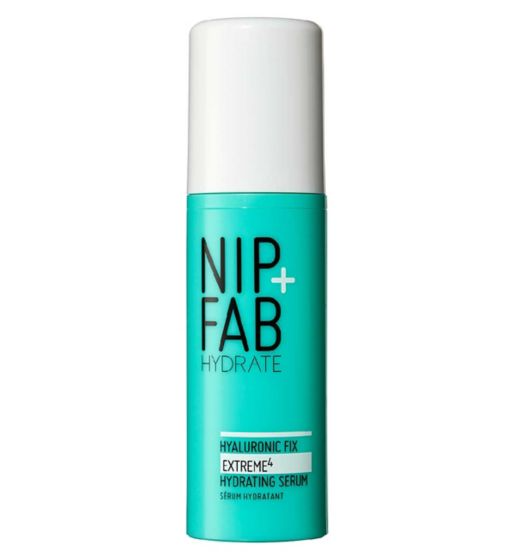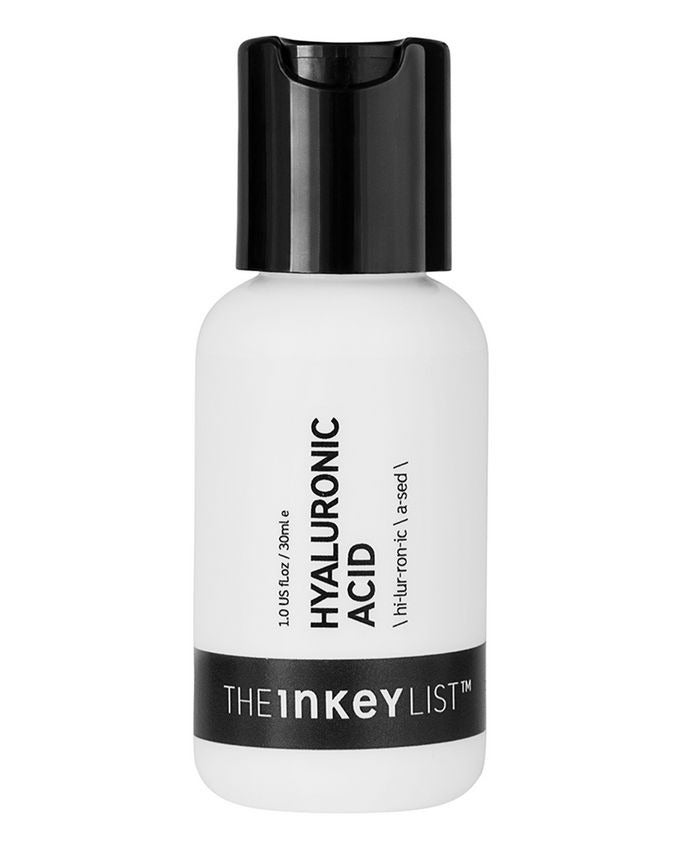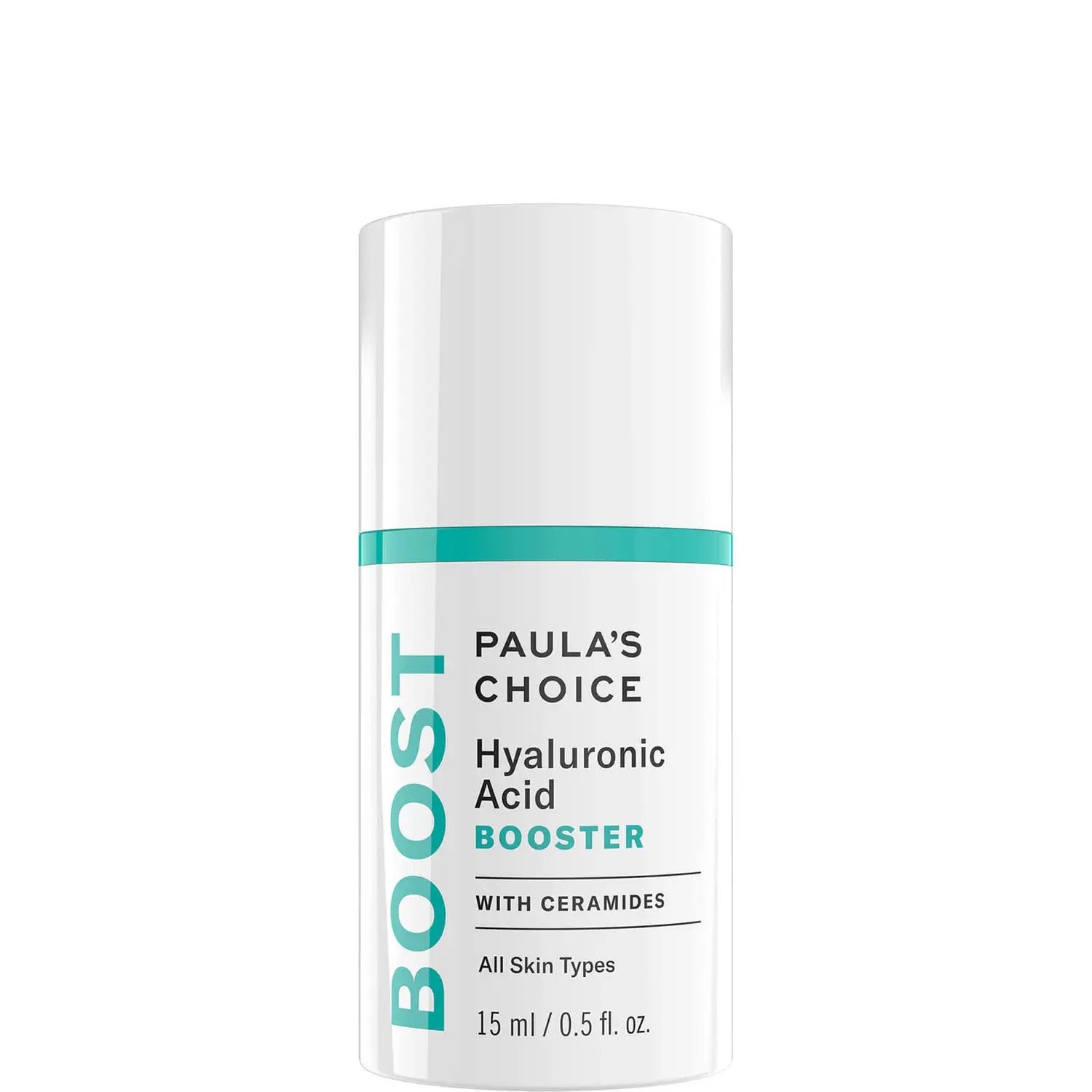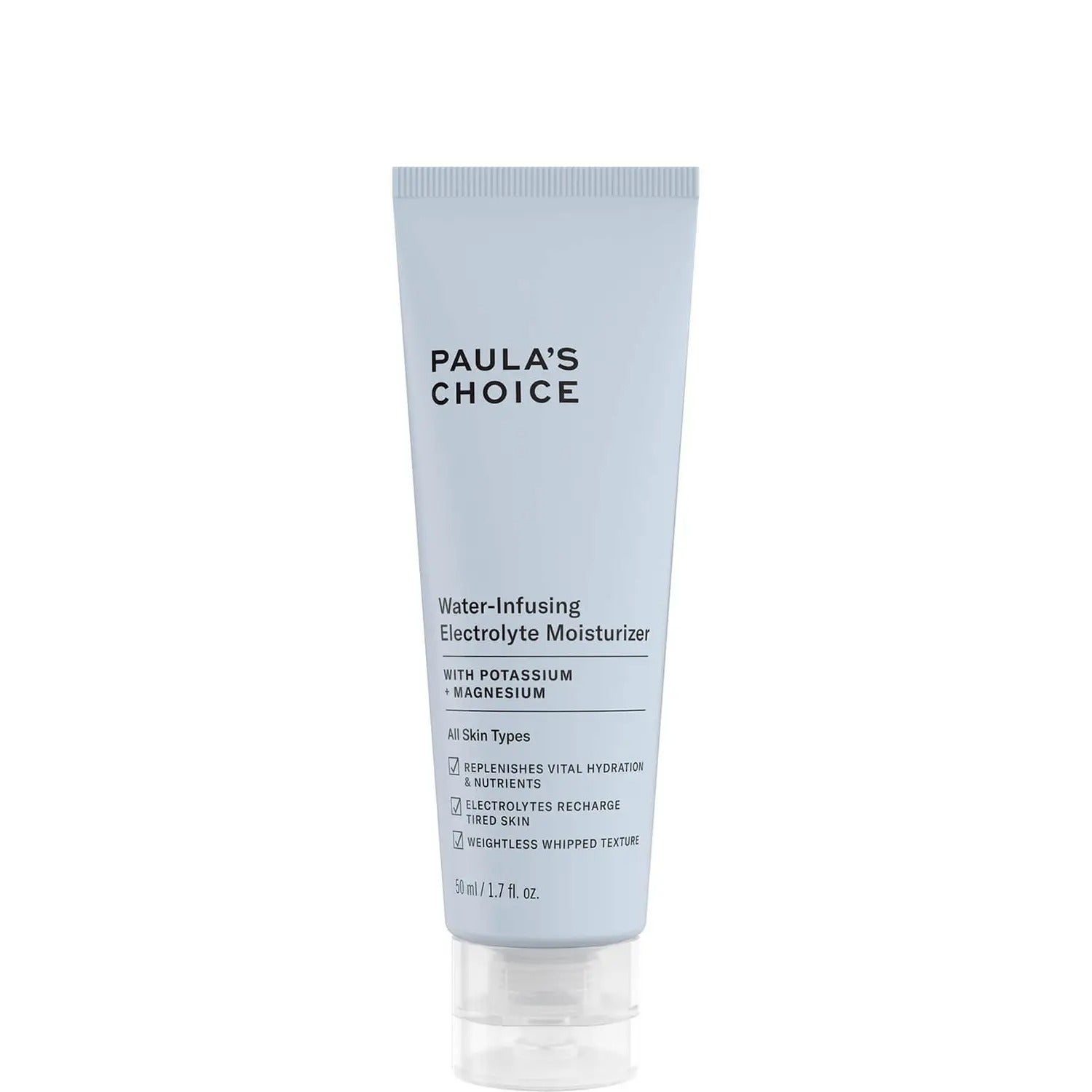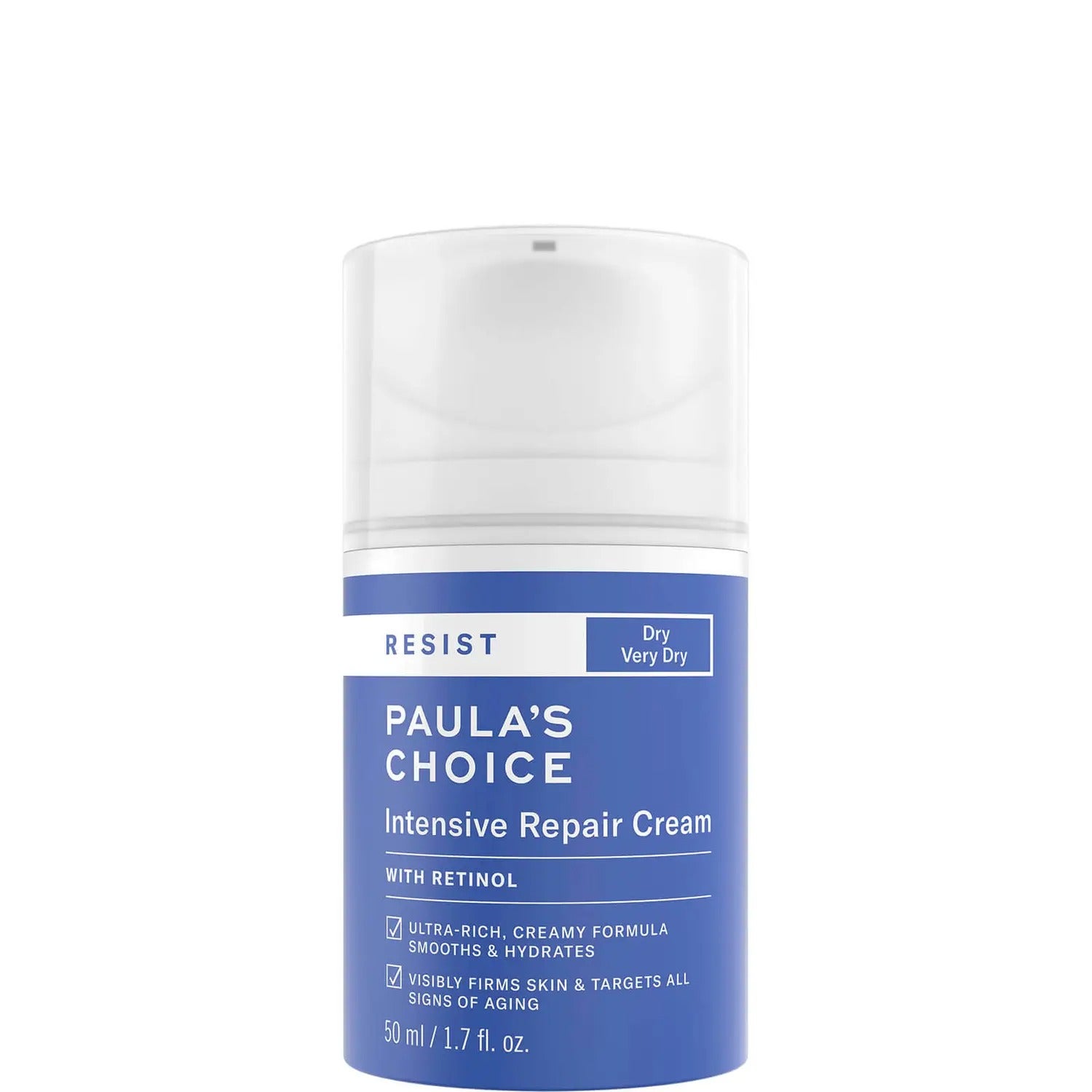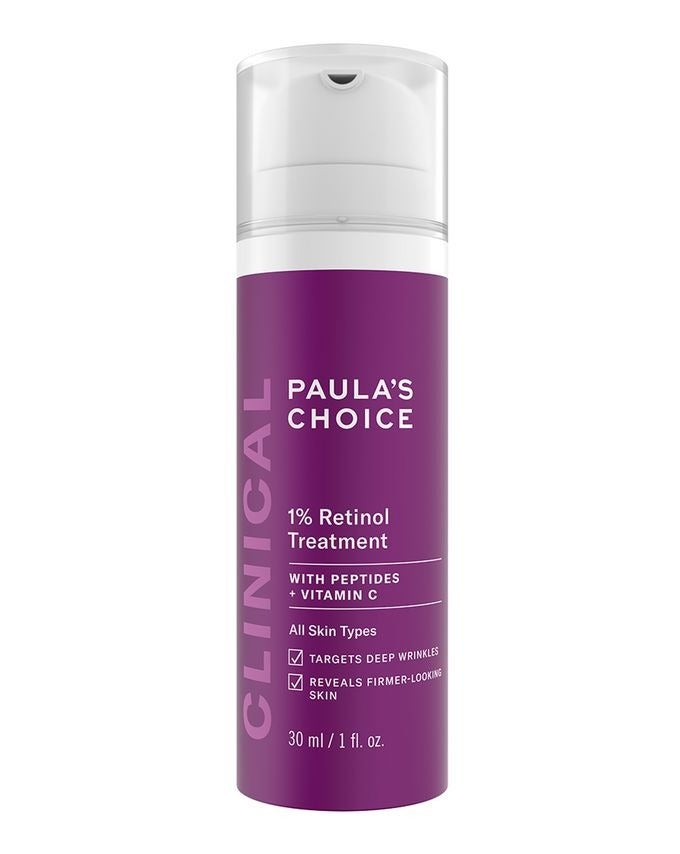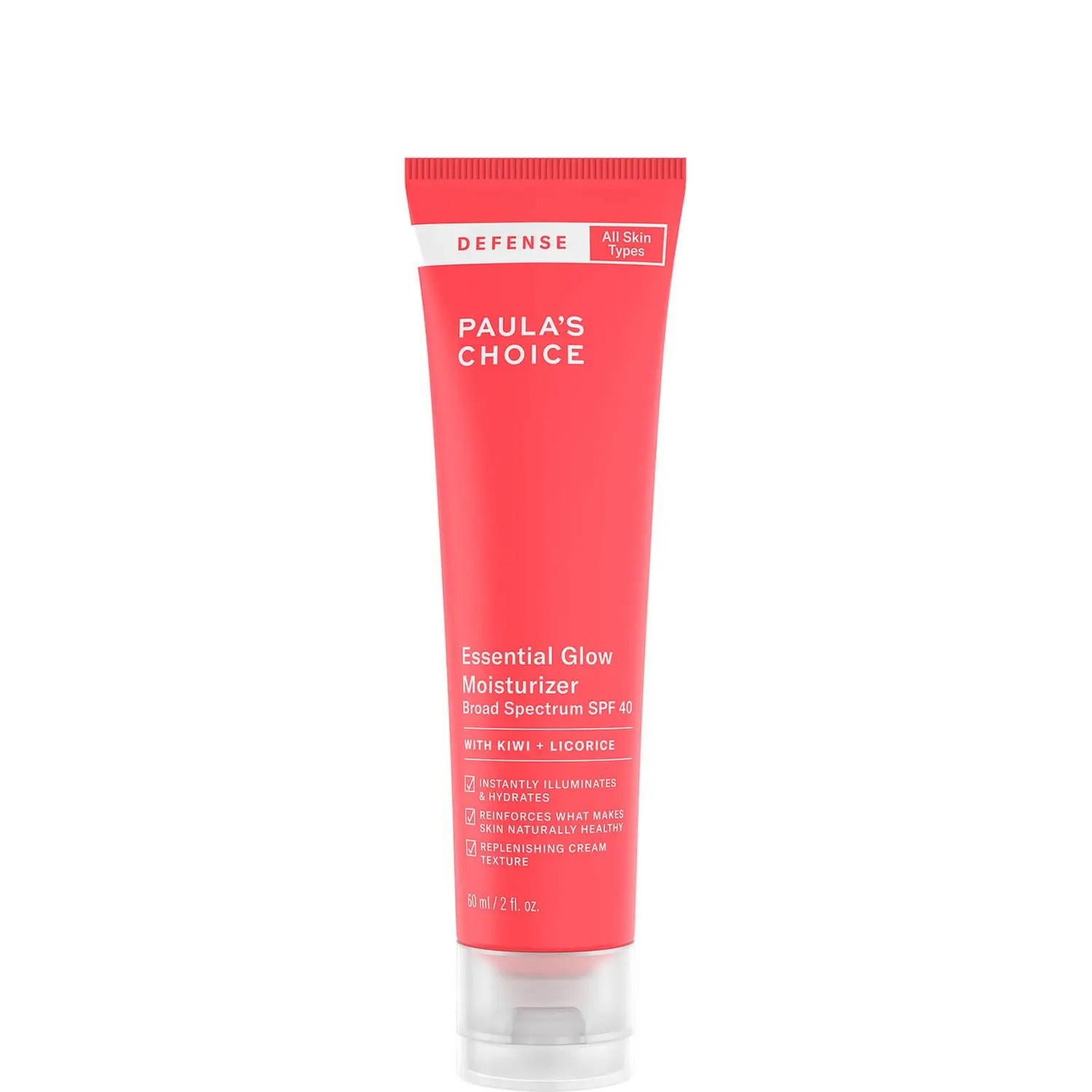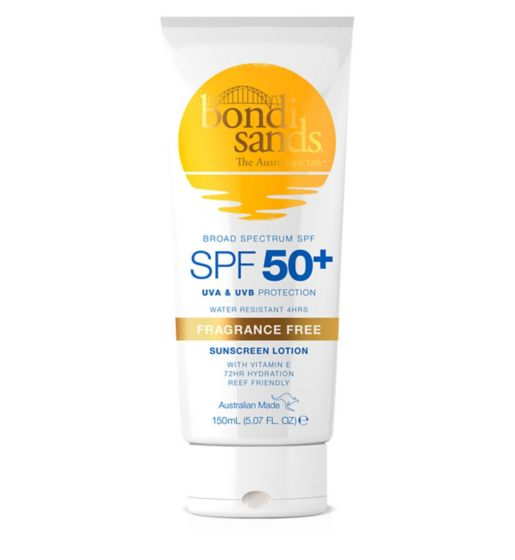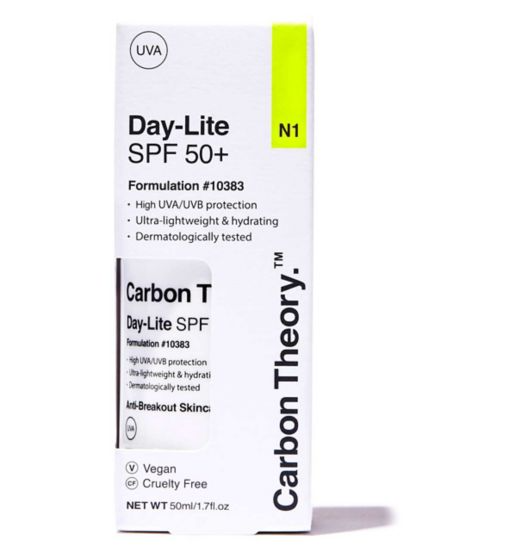Oprah didn't give skin expert Paula Begoun the nickname 'Cosmetics Cop' for no reason. The founder of cult skincare brand Paula's Choice — adored by facialists, dermatologists and influencers alike — is notoriously savage when it comes to what's best (and what most certainly isn't) for your skin. Micellar water? Sheet masks? They're pretty useless, according to Paula.
She may be based in Chicago but Paula's beauty influence spans the globe. That's why more or less every beauty editor in the UK tuned in to her latest myth-busting conversation over Zoom this week — and in true Paula fashion, she dropped some serious beauty bombshells. Ahead, we round up the most valuable tips and tricks to help you achieve your best skin ever.
AdvertisementADVERTISEMENT
'Slugging' is probably the worst thing you can do for your skin
"Skin slugging is a concept where you slather petrolatum or a heavy, thick moisturiser all over your face," said Paula. "It's popular on TikTok as a way to take care of skin. It won't kill you but it isn't good skincare. In fact, it's bad skincare." Paula says that petrolatum (or petroleum jelly) isn't an awful ingredient but beyond stopping the skin from drying out, it doesn't do much. "Petrolatum doesn't have antioxidants [e.g. vitamin C, which protects against things like pollution and smoke], ingredients that get into the skin like ceramides [which repair dry skin] or hyaluronic acid [which hydrates skin]. Skin is hungry for these kinds of ingredients."
Paula went as far as to say that a slathering of petrolatum will starve your skin. "It's an occlusive," she said, which means it creates a barrier on the skin to keep moisture inside. "If you have terribly dry skin," said Paula, "[slugging] is an option after you've applied your skincare. But as a single product all by itself it's not enough and it's cheating your skin."
You might not actually need to use moisturiser
A caveat: this is wholly dependent on your skin type. But if you're very oily and break out easily, you might be interested in switching things up. "Not everyone needs what we think of as a traditional moisturiser," said Paula, who has very oily skin herself. "I only use fluid products on my skin, where the texture is lightweight." Think: toners, serums and light lotions. "Thicker products make me break out so you have to treat the skin type you have using a texture that's appropriate."
AdvertisementADVERTISEMENT
If you have acne-prone skin? "Use products that are very thin, for example liquids and gels, so that you don't clog pores and feel like an oil slick. Combination type skin needs a gel or a light lotion, whereas dry skin requires a product that is creamier and thicker."
When choosing your skincare, it's more about looking at the ingredients. "Skin requires antioxidants," says Paula. A popular recommendation is vitamin C, which brightens dullness and provides a shield against pollution and the environment. Sun protection is also crucial. Try Resist Youth-Extending Daily Hydrating Fluid SPF 50, £34, which contains antioxidants and SPF, and is super lightweight.
Don't be confused about hyaluronic acid
It's easy to get hyaluronic acid — a hydrating ingredient — confused with other acids such as glycolic acid, lactic acid and salicylic acid, which are exfoliators. But they're really different.
"There is a myth that hyaluronic acid causes inflammation and is bad for skin," said Paula, "but it's not." Hyaluronic acid is found in skin naturally. "It's such a smart, hydrating ingredient. It knows where to go to do its job to hydrate parts of your skin that need it most. When we age, we don't make enough hyaluronic acid and therefore don't get enough natural hydration from our own body." Supplementing your skincare routine with a hyaluronic acid serum before moisturiser or SPF is a great shout. It can be used both morning and evening.
AdvertisementADVERTISEMENT
R29 rates Nip + Fab Hyaluronic Fix Extreme4 2% Hydration Serum, £22.95, and The Inkey List's Hyaluronic Acid Serum, £5.99. Also try Paula's Choice Hyaluronic Acid Booster, £36, which can be added to your existing skincare products.
You don't need to change your skincare products seasonally
"You only need to switch up your skincare if your actual skin changes," said Paula. "If you feel that during the winter your skin is drier, maybe you need a slightly richer moisturiser," whereas if your skin gets a little more greasy in summer, pivot to something lighter. If your skin doesn't change at all? There's no need to consider a spring or summertime skincare routine.
In a similar vein, Paula pointed out that skin does not get used to products or ingredients over time — this is a total misconception. "Imagine the sunscreen you used yesterday suddenly didn't work six months from now. It doesn't make sense. It's not true. It's an absurd myth," said Paula. But what if you feel your go-to product has stopped working? "It's just that your skin needs different ingredients at different times. Skin is hungry for the things it can't make for itself."
For example, if your skin is suddenly a little dry, it might need better moisturising ingredients like glycerin and ceramides, or a higher percentage of exfoliating acids to tackle breakouts and hyperpigmentation.
AdvertisementADVERTISEMENT
Be very careful in the sun
"Anything you have read about sunscreen being bad and sun being good is bullshit," said Paula, who uses SPF 30 and 50 in her products. "The sun is a major carcinogen and research over the past years has shown that the sun is the reason skin looks older faster. It also causes skin cancer." Paula also threw out the myth that you need to sit in the sun to absorb vitamin D. "Yes, UVB rays help the body make vitamin D. However there is no research showing how long you need to be in the sun to get vitamin D — and where on the body [it is absorbed]. Is it worth it to risk skin cancer?" Paula suggests taking a supplement instead if a GP has found you to be deficient in the vitamin.
Paula said that sun damage (for example pigmentation, fine lines and leathery skin) is repairable to an extent, but it's like smoking. "If you stop smoking, can you help your lung return to some level of health? Yes, but never back to the way a non-smoker's lungs will be. You can never return your skin back to the way it was before it was repeatedly exposed to the sun," said Paula.
Your first port of call would be to avoid the sun where you can. In the evening, try a retinol treatment like Clinical 1% Retinol Treatment, £55, which can help to minimise the sun-induced skin gripes mentioned above. If you're using any retinol skincare products, always apply a high factor SPF during the day, as the ingredient can make skin sensitive to sunlight and worsen skin issues.
Refinery29's selection is purely editorial and independently chosen – we only feature items we love! As part of our business model we do work with affiliates; if you directly purchase something from a link on this article, we may earn a small amount of commission. Transparency is important to us at Refinery29, if you have any questions please reach out to us.
AdvertisementADVERTISEMENT







